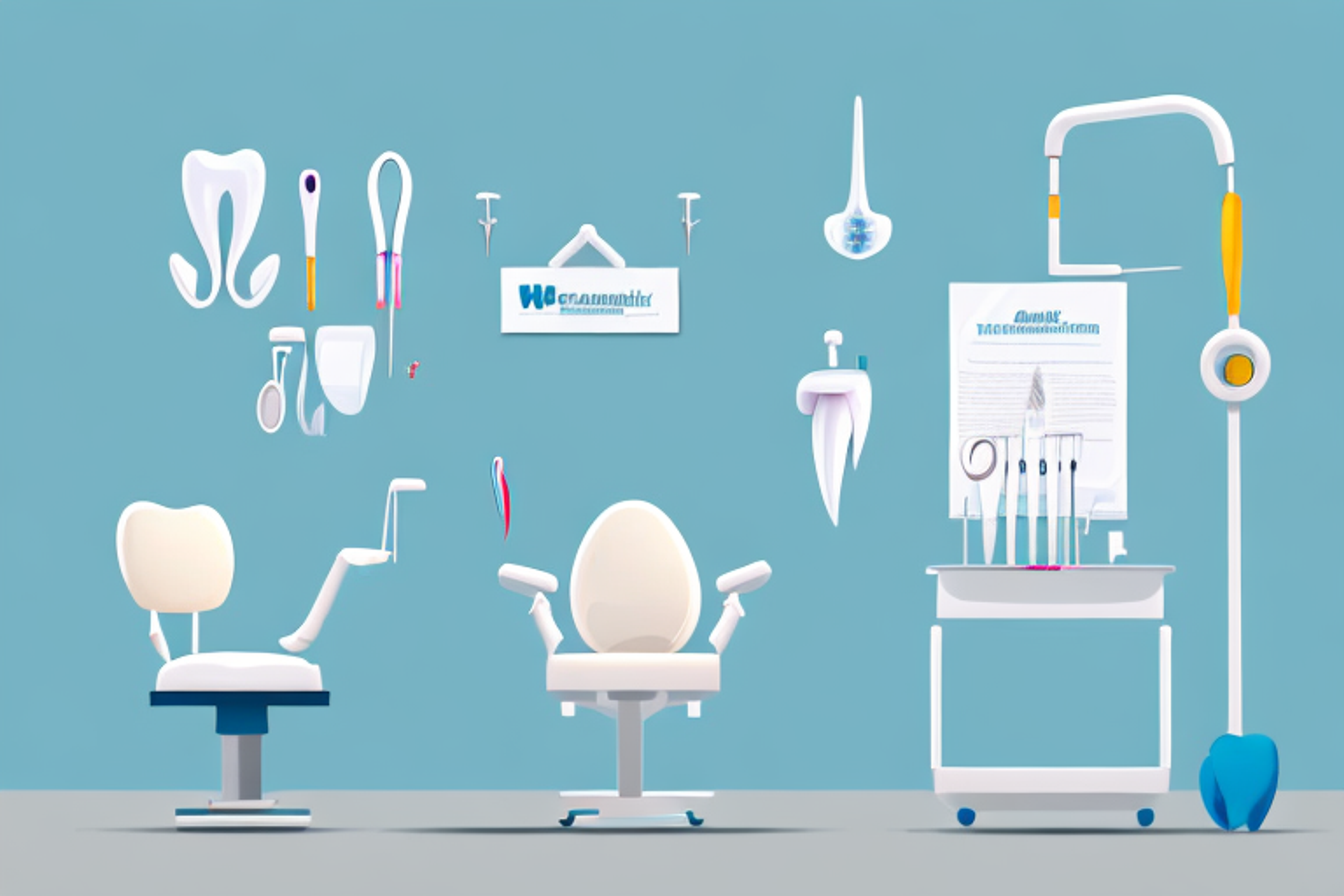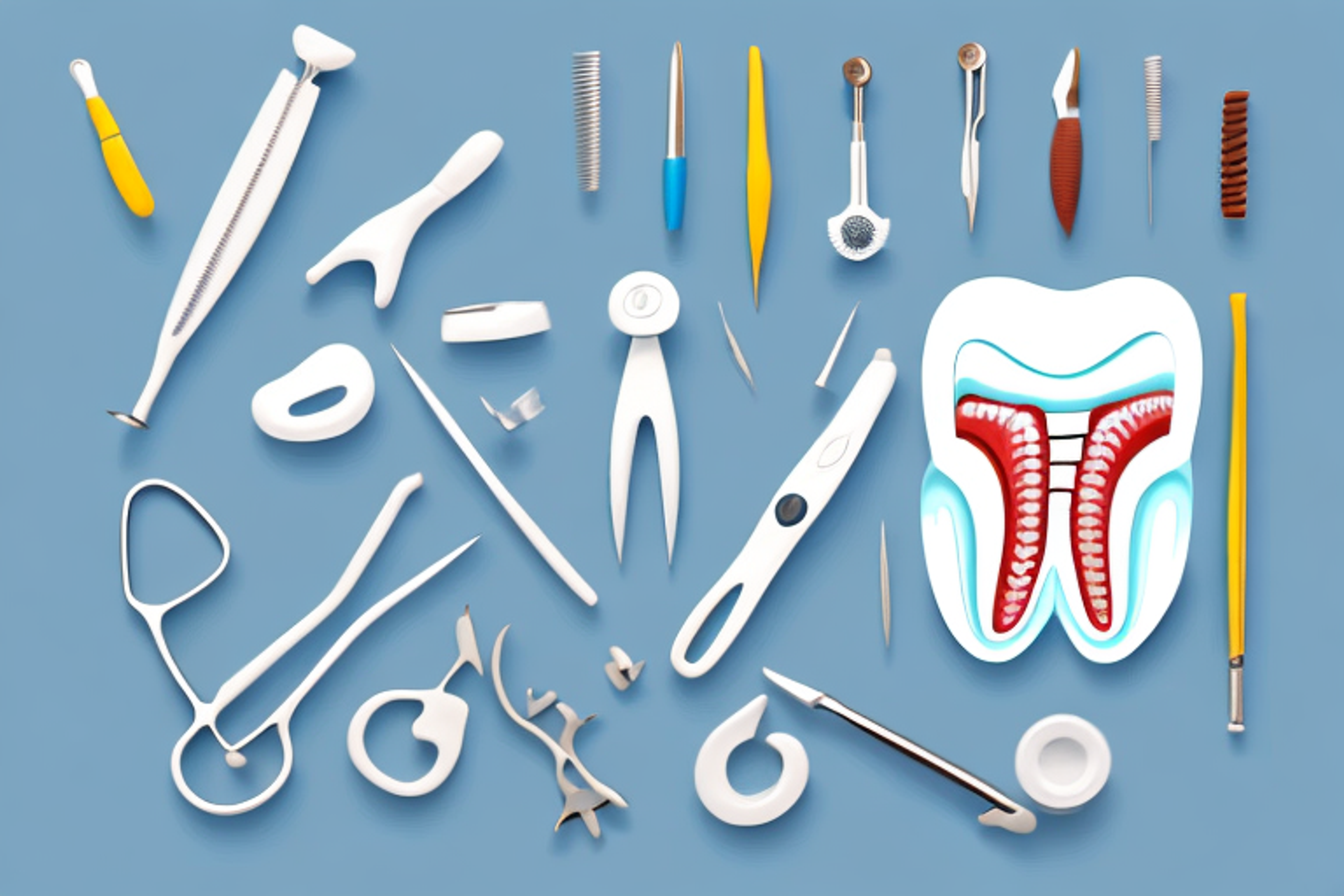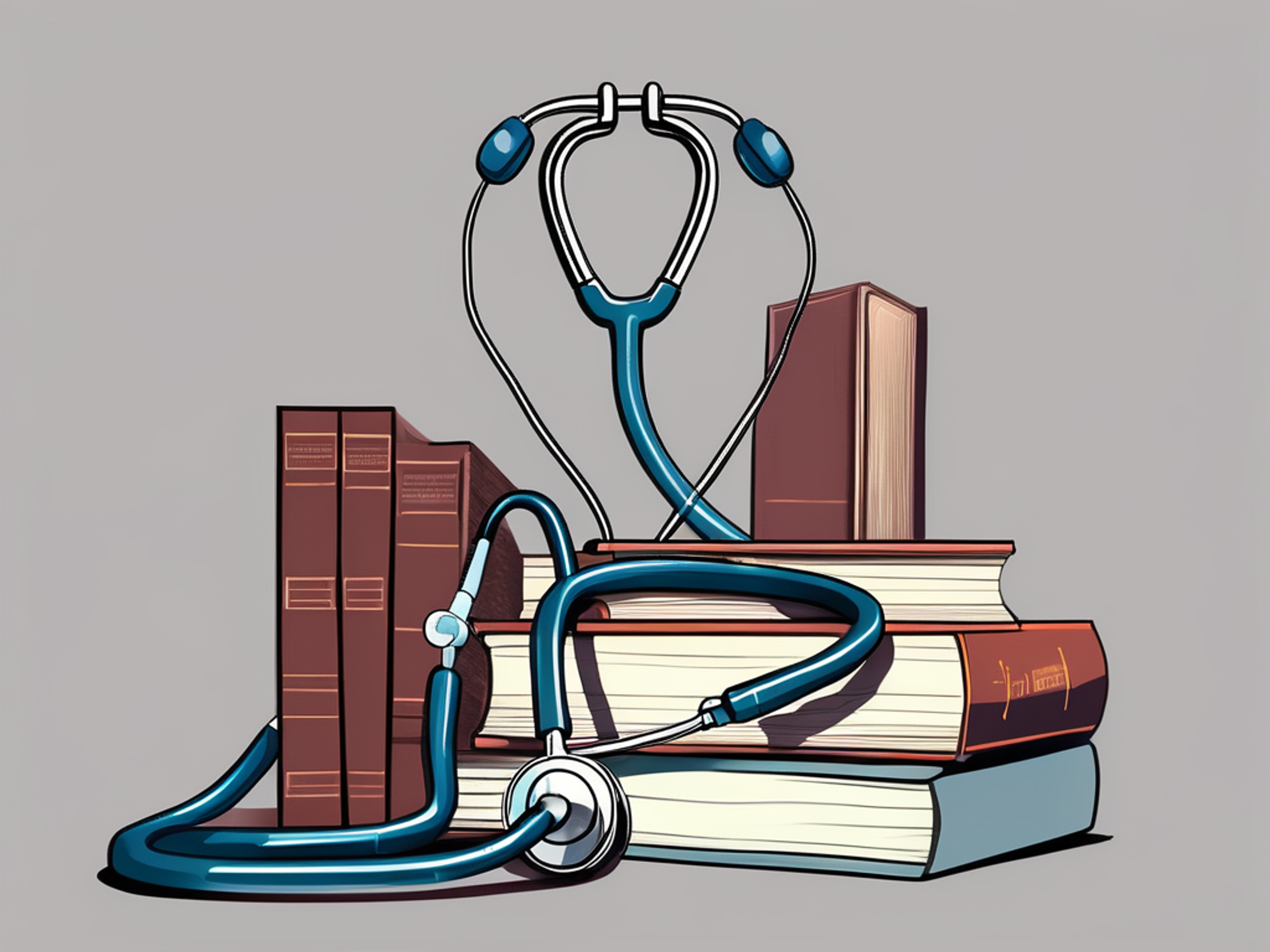The Most Frequently Asked Questions on Dental School Applications
Are you considering applying to dental school? Our article on the most frequently asked questions on dental school applications has got you covered.
Posted April 10, 2025

Table of Contents
Applying to dental school can be a daunting process, and it's common to have many questions about what to expect. In this article, we'll cover some of the most frequently asked questions on dental school applications and provide detailed answers to help guide you through the process.
Understanding the Dental School Application Process
The dental school application process typically involves several components, including submitting transcripts, taking the Dental Admission Test (DAT), writing a personal statement, obtaining letters of recommendation, and completing secondary applications for individual schools. It's important to carefully review each school's specific application requirements and deadlines and ensure that all materials are submitted on time. Some schools may also require interviews or additional exams.
One important aspect of the dental school application process is the personal statement. This is an opportunity for applicants to showcase their unique experiences, skills, and motivations for pursuing a career in dentistry. It's important to take the time to craft a well-written and thoughtful personal statement that highlights your strengths and demonstrates your passion for the field.
Another important consideration is the cost of applying to dental school. In addition to the fees associated with taking the DAT and submitting applications, applicants may also need to budget for travel expenses if they are invited to interview at multiple schools. It's important to carefully consider these costs and plan accordingly to avoid any financial strain during the application process.
Qualifications Needed to Apply for Dental School
To apply for dental school, you'll typically need a bachelor's degree from an accredited university and a strong academic record. Most dental schools also require applicants to have completed prerequisite courses in subjects such as biology, chemistry, and physics. It's important to research each school's specific prerequisites and ensure that you meet the minimum qualifications before applying.
In addition to academic qualifications, many dental schools also require applicants to have relevant work or volunteer experience in the field. This can include shadowing a dentist, working as a dental assistant, or volunteering at a dental clinic. It's important to gain experience in the field to demonstrate your commitment and passion for dentistry.
How to Choose the Right Dental School for You
When selecting a dental school, consider factors such as location, cost, curriculum, and reputation. Look for schools that align with your personal and professional goals and offer opportunities for clinical experience and research. It can also be helpful to visit campuses and speak with current students and faculty members to get a better sense of the school's culture and community.
Another important factor to consider when choosing a dental school is the availability of financial aid and scholarships. Dental school can be expensive, and it's important to explore all options for funding your education. Research the school's financial aid offerings and speak with financial aid advisors to determine what options are available to you.
Additionally, it's important to consider the school's resources for student support and wellness. Dental school can be a challenging and stressful experience, and having access to resources such as counseling services, mentorship programs, and wellness initiatives can make a big difference in your overall experience and success. Look for schools that prioritize student well-being and offer a range of support services to help you thrive.
Tips on Writing an Impressive Personal Statement
The personal statement is an important component of your dental school application and provides an opportunity to showcase your personality, character, and motivation for pursuing a career in dentistry. When writing your personal statement, be sure to be genuine, concise, and well-organized. Highlight your relevant experiences and focus on why you're passionate about dentistry.
It's also important to tailor your personal statement to the specific dental schools you're applying to. Research each school's mission, values, and program offerings, and incorporate that information into your statement. This shows that you've done your homework and are genuinely interested in attending that particular school. Additionally, have someone else read and review your statement to provide feedback and catch any errors or inconsistencies. Taking the time to craft a strong personal statement can make a big difference in the admissions process.
What to Include in Your Dental School Application Package
In addition to transcripts, test scores, and the personal statement, your dental school application package should also include letters of recommendation from professors and dental professionals, a resume highlighting your relevant experience, and any other supporting materials requested by the school. Be sure to review each school's application requirements carefully and ensure that all materials are submitted on time.
When selecting individuals to write your letters of recommendation, it is important to choose people who know you well and can speak to your academic and personal strengths. Consider asking professors who have taught you in science or math courses, as well as dentists or dental hygienists with whom you have worked or shadowed.
Another important aspect of your dental school application package is your interview. If you are selected for an interview, be sure to prepare thoroughly by researching the school and practicing common interview questions. Dress professionally and arrive early to make a good impression.
How to Handle Interview Questions During Dental School Admissions
Interviews are a common component of the dental school admissions process and provide an opportunity for admissions committees to learn more about you as a person and a student. Be sure to prepare for interviews by researching the school and practicing potential interview questions. Be confident, genuine, and articulate, and use specific examples to highlight your strengths and accomplishments.
It is also important to dress professionally and arrive early to the interview. This shows that you are serious about the opportunity and respect the time of the interviewers. During the interview, make sure to listen carefully to the questions and answer them thoughtfully. If you don't understand a question, don't be afraid to ask for clarification.
Remember that the interview is not just about your academic achievements, but also about your personal qualities and character. Be prepared to discuss your extracurricular activities, volunteer work, and any leadership roles you have held. These experiences can demonstrate your commitment to service, teamwork, and community involvement, which are all important qualities for a successful dental student and future dentist.
Strategies for Obtaining Strong Letters of Recommendation for Dental School Applications
Letters of recommendation are a critical component of your dental school application and can provide valuable insights into your academic and personal qualifications. When seeking letters of recommendation, choose individuals who know you well and can speak positively about your skills, work ethic, and character. Provide them with plenty of notice and guidance on what to include in the letter.
Common Mistakes to Avoid When Applying to Dental School
Some common mistakes to avoid when applying to dental school include missing deadlines, failing to follow application instructions, submitting incomplete or inaccurate applications, and not demonstrating a clear understanding of the field of dentistry. Be sure to carefully review each school's application requirements and seek guidance from advisors or mentors throughout the process.
Extracurricular Activities That Can Boost Your Dental School Application
Outside experiences are an important part of your dental school application and can help you stand out from other applicants. Consider activities such as volunteering in a dental clinic, shadowing a dentist, participating in research projects, or leadership roles in student organizations. Choose activities that align with your personal and professional goals and highlight your strengths and achievements.
The Importance of Shadowing and Volunteering in Dental Schools Applications
Shadowing and volunteering experiences provide valuable insight into the field of dentistry and can demonstrate your commitment and passion for the profession. Many dental schools require or strongly recommend shadowing or volunteering experiences, and they can also help you make informed decisions about your career goals and preferences.
Financial Aid Options for Dental Students
Dental school can be expensive, and it's important to consider financial aid options when planning your education. Many schools offer scholarships, grants, and other forms of financial aid to their students, and there are also external resources such as government loans and private scholarships. Research all available options and consider speaking with a financial aid advisor for guidance.
Preparing for the DAT (Dental Admission Test)
The DAT is a standardized test commonly used in the dental school admissions process and measures academic ability, scientific understanding, and perceptual ability. It's important to prepare for the DAT by reviewing content areas, practicing test-taking strategies, and taking practice exams. Consider enrolling in a test preparation course or working with a tutor for additional support.
Understanding the Timeline of the Dental School Application Process
The dental school application process typically begins in the summer or fall of the year prior to your intended start date. Application deadlines vary by school, but most fall between September and February. After submitting applications, you can expect to hear back from schools with interview invitations and acceptance or rejection letters in the spring and summer. Be sure to stay organized and carefully manage your time throughout the process.
What to Expect During Your First Year of Dental School
Your first year of dental school will likely involve extensive coursework in subjects such as oral anatomy and physiology, dental materials, and clinical skills. You'll also have opportunities to observe and practice procedures in a clinical setting. Medical emergencies and patient management will also be addressed during your first year of dental school. Expect a demanding and rigorous course of study that will prepare you for clinical practice and future success in the field.
We hope that this article has provided helpful insights and answers to your most pressing questions about dental school applications. Remember to stay organized, stay motivated, and seek guidance and support when needed. Good luck!












